
2023 will be known for two things—unanticipated disruptions around the world and several testimonials about businesses confidently surviving constant changes. ERP systems no doubt remain the staple among businesses that rely on efficiencies through automation, integration, transparency, and intelligence to innovate in a continuum. After clocking several successful customer journeys with industry-leading ERP systems, our ERP experts recommend looking ahead with optimism toward the evolving ERP landscape. In this article, let’s dig into the top ten trends in ERP for 2024:
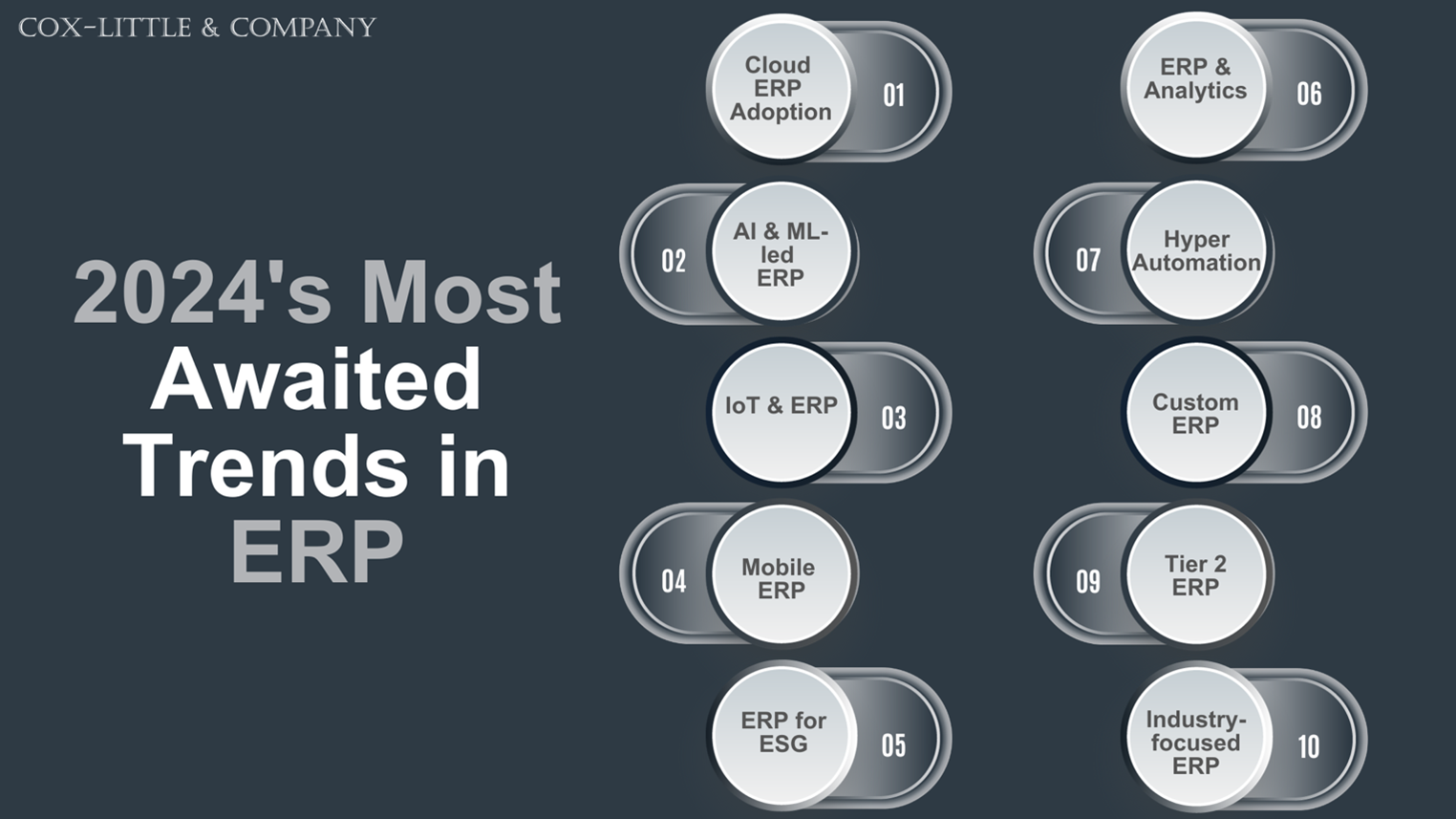
Top Ten Future ERP Trends
- Cloud ERP Adoption: Cloud in the ERP ecosystem is more of a reality than a rhetoric. The worldwide cloud ERP industry is predicted to reach $130 billion by 2027. The pressure to keep up with the pace of digital transformation is driving businesses to shorten the gaps in data and application accessibility, security, and scalability with cloud-based ERP platforms. Benefits like lower upfront cost, faster implementation, and dynamic updates without additional infrastructure, software upgrades, or support costs prove that it is not cloudy up on the cloud for ERP users!
For 2023 and ahead, many ERP vendors are already including cloud capabilities to enhance the usability and improve the top and bottom lines for organizations irrespective of their size or industry verticals. - Artificial Intelligence (AI) & Machine Learning (ML)-led ERP: Most ERP vendors have already leaped into the AI-led ERP bandwagon. AI and ML-powered ERP tools deliver massive accuracy and efficiency upgrades with the automation of large-volume, repetitive transactions like data entries, reporting, and invoicing. Powerful ML algorithms enable systems and sub-tools in the ERP suite to analyze large data volumes and deliver useful insights that make forecasting trends and predicting patterns easier and less time-consuming. Users can trust AI-powered recommendations or suggestions to work behind the scenes to optimize operations, improve customer experience, and drive better decision-making.
GenAI has already created a seismic shift in the ERP space. Users can leverage the GenAI promise to unlock areas tied to business profitability like customer and employee experience. Data by IDC predicts that GenAI-led assistants will handle 25% of user interactions with enterprise software. The number is slated to be higher for users involved in customer engagement. - IoT & ERP: Uniting ERP systems with Internet of Things (IoT) devices or sensors enables swift collection and analysis of data in real-time to help businesses make quick but informed decisions. IoT and ERP integration for the manufacturing and its ancillary industries and sub-functions such as the supply chain, distribution, warehouse, and transportation allow for accurate insights into resource utilization to avoid excess costs and wastages. With the inclusion of predictive maintenance capability, businesses leveraging the unique combo of IoT and ERP systems forecast possibilities of risks and downtime by identifying the problems that are yet to surface. The high integrity of data within the IoT systems disseminated to stakeholders and systems help fuel decisions in real time.
- Mobile ERP: ERP systems and applications accessed over mobile devices are not recent. The trend has been around for a while and has been accelerated by the remote and hybrid work revolution from the pandemic times. ERP platform users have high expectations of UX that is comparable to other SaaS tools and apps that can be accessed over their desktops, laptops, or smartphones with fewer concerns about network connectivity, device compatibility, or risks of security attacks and breaches. The anytime, anywhere access benefit of mobile ERP systems allows higher team agility, collaboration, and centralization of resources, systems, data, and stakeholders to pivot decision-making.
- ERP for Environmental, Social, and Governance (ESG): About 80% of the executives are concerned about climate change, finds Deloitte’s Global 2021 Climate Check report. And 81% believe businesses should take the initiative to protect the environment. Concerns about environmental safety and sustainability as well as social and governance risks have led to more stringent laws. This impacts the ERP ecosystem where providers and software vendors recognize the role of an ERP platform in keeping businesses’ carbon footprint and other key sustainability KPIs in line with their ESG objectives.
- ERP & Analytics: The value of modern ERP systems stands out when they provide the ability to ‘do more with data’ using powerful, in-built analytics tools, data visualization dashboards, and other reporting capabilities. ERP analytics make a world of difference in facilitating dynamic business operations and processes like route planning, logistics management, sending quick alerts to drivers about routes for fuel optimization, etc. Businesses leveraging ERP systems with embedded analytics capability can move over the old ways of data mining, collection, and analysis for deriving insights at lightning speed.
- Hyper Automation: Hyper automation uses AI, ML, and robotic process automation (RPA). The trend of hyper-automation has quickly caught up in the ERP user domain where businesses can further accelerate advanced process automation to scale operations, efficiencies, and deliverables without letting their human resources burn out or face operational overkill.
- Custom ERP: Almost every ERP provider takes into consideration how easily their ERP platform adapts to their customer’s business, operations, and infrastructure needs. With most out-of-the-box ERP systems, businesses usually spend their valuable time trying to personalize from scratch with the help of developers and coders. Or they just had to make do with the rigid set of functionalities and features within ERP software. The rise of low-code/no-code development alternatives will drive higher ERP usability and innovation by allowing businesses to tweak ERP platforms into more customizable tools that cater to their requirements and not the other way around.
- Tier 2 ERP: Large companies typically use Tier 1 ERP platforms to manage their entire operations scattered across the globe. When their offshore departments, branches, divisions, and offices need ERP subsystems, they implement Tier 2 ERP to support their specialized need over the cloud. The Tier 2 ERP systems are cost-effective and easily adapt to new feature requirements, allowing users with higher flexibility and control rather than having to depend on the parent company for insights into processes and functions.
- Industry-focused ERP: The idea that one-size-fits-all is outdated, and future-forward organizations focus on investing and deploying ERP suites that are tailored to their business objectives and industry-specific requirements. Even ERP vendors are aware of the vertical-focused ERP demands like deployment methodology and feature customization, extensions, configurations, and more without financially straining customers. 2024 will mark the beginning of broadening the options for customers with more industry-specific ERP platforms and systems.
Be Prepared for Anything! Trends in ERP Come and Go
Like every year, we are mostly aware of what’s on the horizon for ERP customers of all sizes and industries. However, laying the groundwork to accommodate sudden transformation is not impossible with today’s ERP systems. Most ERP platforms and product suites are built for change and competitive leg up. Integration of advanced technologies like GenAI and IoT in ERP indicates limitless possibilities that organizations can unleash with effective and appropriate implementation, deployment, and configuration strategies. We may be skeptical about vesting full faith in these new technologies for inherent risks like biases in AI-led judgments or cloud data security concerns. However the increased interest and active commitment by industry-leading ERP platform providers towards the ‘non-negotiables’ will help weather the storm in the unknown future.
As far as the legacy ERP approaches and systems are concerned, the ship has sailed, and digitization has reshuffled the expectations for businesses with cutting-edge enhancements in ERP platforms. Building awareness of the future trends in ERP systems will be the strategic imperative for businesses to compete and adapt in 2024.
At COX-LITTLE & COMPANY, we believe in providing businesses the opportunity to navigate their ERP journeys without any complexities through consistent support and insights on ERP platform adoption, module implementation, and integration best practices from renowned ERP experts. We are known for sourcing certified and experienced ERP talent to engage in enhancing the overall value of your business’ ERP projects.
We are excited to tell you more! Contact us to talk to our experts today!

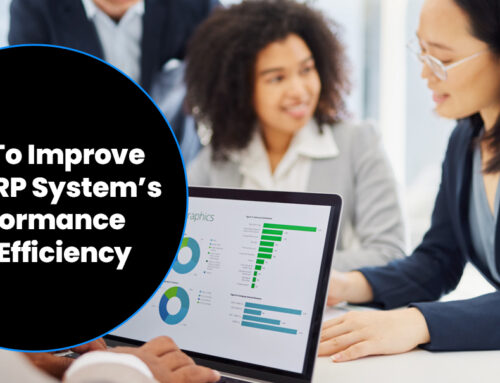
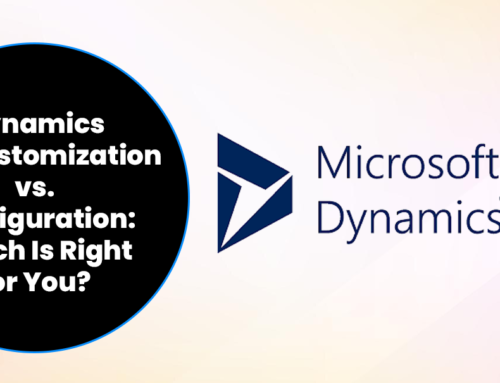
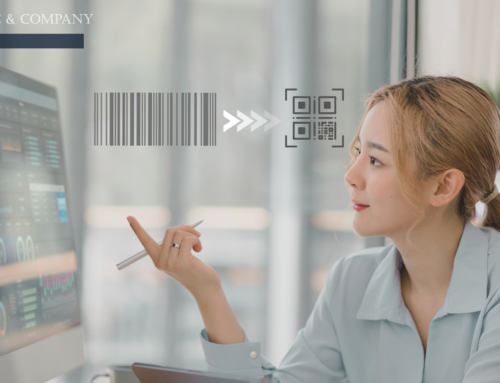
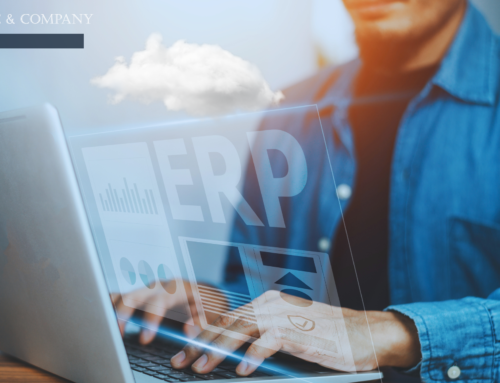

Leave A Comment